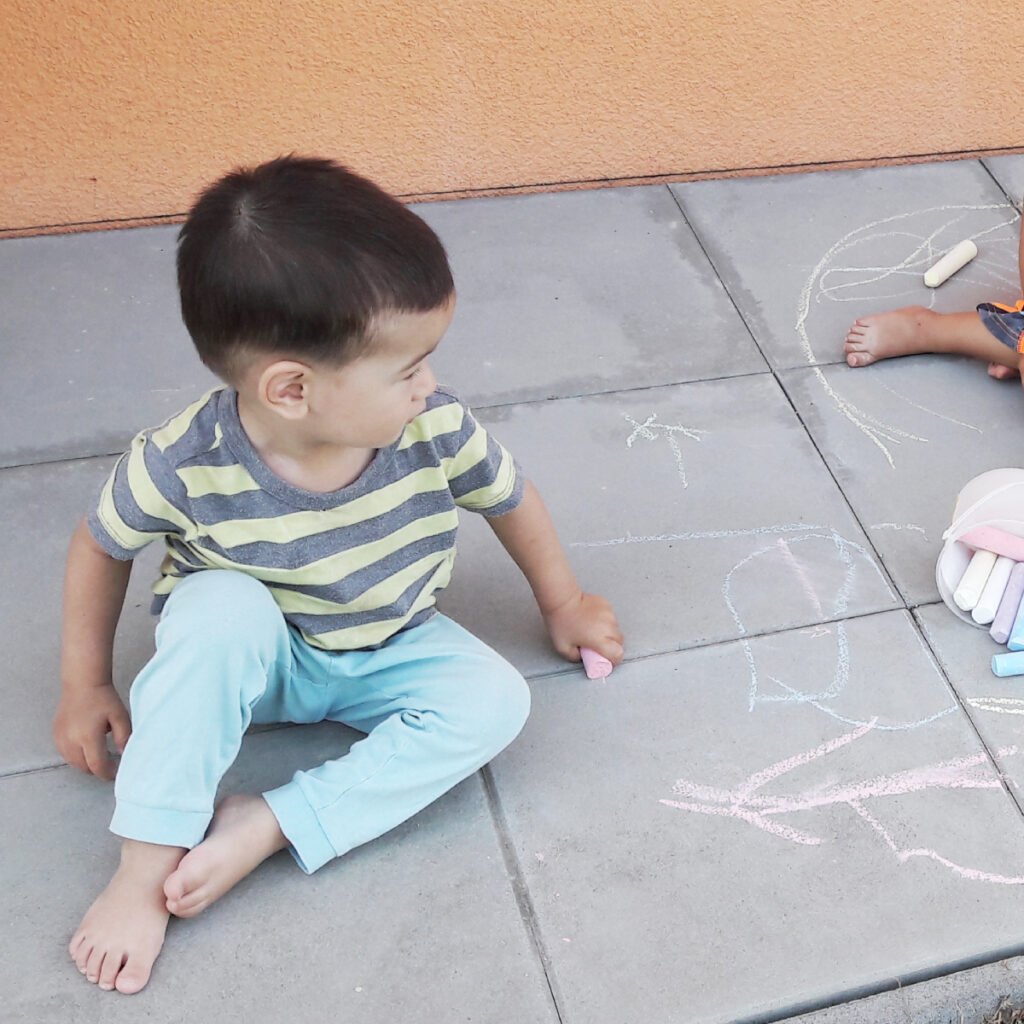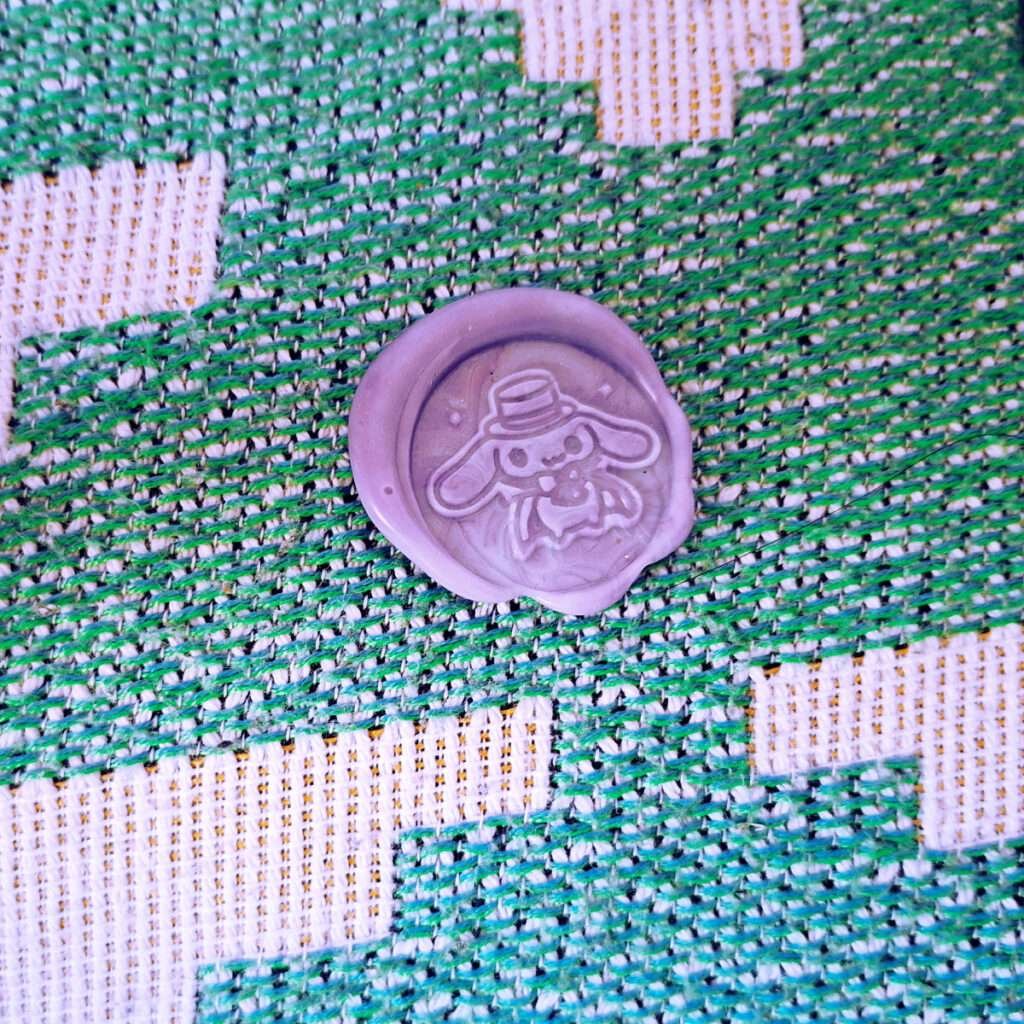articles
China Elevator Stories
3 Things Toddlers Can Teach Us About Learning a Language
I watch my toddler son acquire language skills in two mother tongues naturally.
22/01/2016

Ruth Silbermayr
Author
Seeing your child acquire new skills can be an eye-opening experience. One of the most interesting aspects, especially for someone who grew up with only one language, is observing how our son naturally learns both of the languages he is exposed to. Here are 3 things I’ve learned by watching our now 18-month-old son learn both of his mother tongues, Chinese and German:

1. Mistakes are your best friend
People often think that a young child growing up with two or more languages spoken at home will automatically learn them with ease. But that’s not true. It requires a huge effort from both the parents and the child. The amazing thing about little kids is that they aren’t afraid of making mistakes. If they don’t pronounce a word correctly or don’t know a sentence structure perfectly yet, they just practice until they do, making a myriad of mistakes along the way. If you’re very self-conscious about making mistakes, don’t be! You’ll learn a language much faster if you’re not afraid to make them. Here are two really funny mistakes I made while learning Mandarin Chinese.
2. Practice makes perfect
Our son practices new sentence structures day in and day out. If he wants to practice a Chinese sentence structure, he’ll switch to speaking only Chinese for a few days until he gets the hang of it. When he wants to practice a new German sentence structure, he’ll make sure to be around me as much as possible to practice it. He’s not afraid of making mistakes. He just repeats new phrases or sentence structures until he masters them.

3. Conversation is key
Toddlers learn and memorize quickly by having conversations. These days, our son even has conversations with himself to perfect his conversational skills. It’s common to hear him say things like “Would you like to drink water? Yes, please” or “Let’s go for a walk. Okay,” usually telling us exactly what he expects us to do. Conversations help tremendously in learning a language well, and if you aren’t able to or can’t afford a language partner, be your own conversation partner. As odd as that might sound, it will make you feel much more at ease using the language in real situations.
What have your children taught you about learning a language?